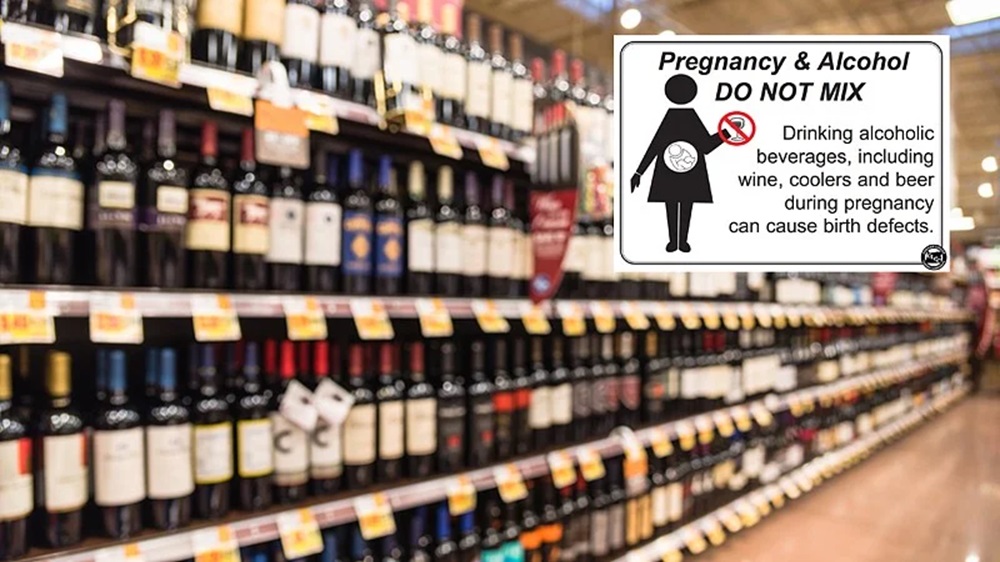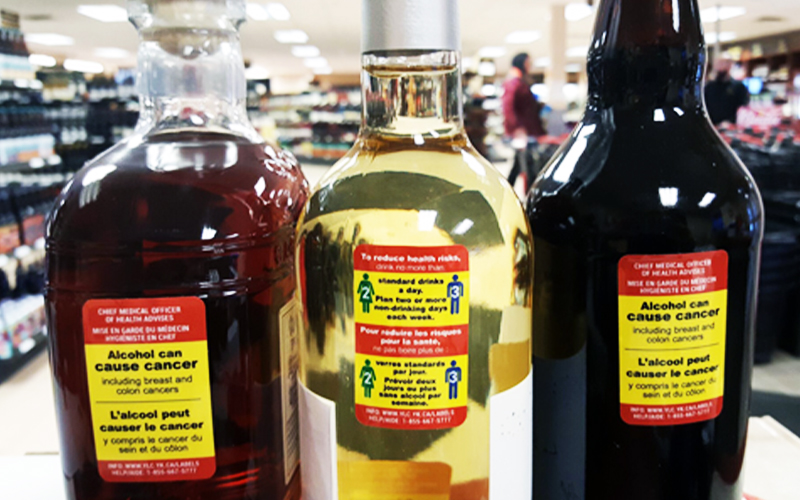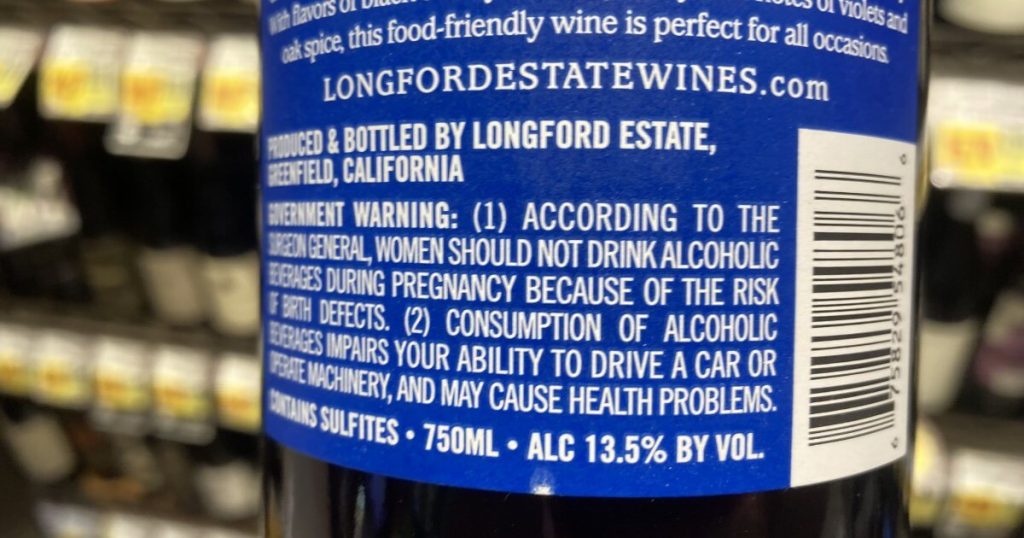The government of Thailand intends to enact a new legislation that would mandate alcoholic beverage manufacturers to include, graphic warning labels on each bottle to warn the public about the hazards of drinking.
The Alcoholic Beverage Control Committee and the Department of Disease Control developed the new legislation, which requires graphic health warnings on the box comparable to those found on cigarettes.
The rule has sparked criticism from alcoholic beverage companies as well as tourism businesses, who doubt it will have an influence on consumer behaviour.
The public has until Thursday to submit comments on the regulation via the Council of State’s website. The rule will go into force 180 days following its publication in the Royal Gazette.
The new standard requires that the graphic warning take up at least one-third of the container. It will be accompanied by written warnings that warn the public about the dangers of excessive drinking, such as “Alcoholic beverages can cause cancer” or “Selling alcoholic beverages to people under the age of 20 is punishable by imprisonment and fine”.
Taopiphop Limjittrakorn, a Move Forward Party MP for Bangkok, condemned the push, arguing for the relaxation of spirits production restrictions. On Monday, he uploaded a picture on Facebook of mock-up bottles and cans with the Craft Beer Association’s new health warnings.
He told the Bangkok Post that he opposes the regulation since it will not only encourage drinking but will also raise production expenses for small-scale alcoholic beverage companies. Furthermore, the health warnings will damage the containers’ distinctive features, he argued.
“Artists create the designs for craft beer cans, which resemble modern art. Health warnings and disturbing images will reduce their worth.”
“There is no proof as to how effective the health warnings on beer cans would be, the same way it is unclear whether the warnings on cigarette packs actually reduced smoking,” he added.
He stated that if passed, the new legislation will apply to all producers, large and small, but will disproportionately effect smaller participants in the market.
He also raised concerns that the health warnings labels may violate an international trade agreement.
Mr Taopiphop stated that if the public is vehemently opposed to the regulation, policymakers may reconsider signing it, particularly Public Health Minister Cholnan Srikaew, who he claims always has the public’s best interests at heart.
The MFP MP stated that existing alcohol control rules and regulations are already highly stringent, so the government should prioritise enforcing them to avoid abuse and harm before considering whether the Alcoholic Beverage Control Committee has exceeded its mandate.
Earlier, Sanga Ruangwattanakul, president of the Khao San Road Business Association, condemned the draft legislation as a step backwards for the country, claiming it will have an impact on alcoholic beverage sales. Several netizens express similar opinions.
A netizen by the name Atsadin wrote: “People continue to smoke despite the warnings.” “They become accustomed to it.”
Another person by the name Natcha stated that she does not believe people will stop drinking, and that the regulation only demonstrates that people are being treated as children.
Another netizen stated that the new warning labels regulations will not harm drinkers, but rather individuals who collect bottles or cans for their unique designs and brand labels.
Currently, cans and bottles of alcohol include a written warning, with many highlighting the dangers of drunk driving. Although alcohol has a detrimental impact on a variety of health outcomes, public knowledge of the hazards associated with alcohol consumption remains low.
The World Health Organisation (WHO) recommends warning labels on alcoholic products to raise awareness and help consumers make educated decisions. Current labelling practices across countries are not standardised, as they are for medicines, food, and soft drinks.
Inconsistent information display, as well as other factors such as intervention scale and assessment methodologies, have resulted in varied practices and outcomes, leaving customers with insufficient information to make decisions.
Experiments show that warning labels can influence self-reported intention to limit consumption. Although health warning labels are discussed as one policy approach to reducing alcohol consumption, they can be applied and evaluated in a variety of ways, which can influence whether they are regarded beneficial.
Health warning labels have the greatest impact when combined with other regulations that reduce alcohol intake.








